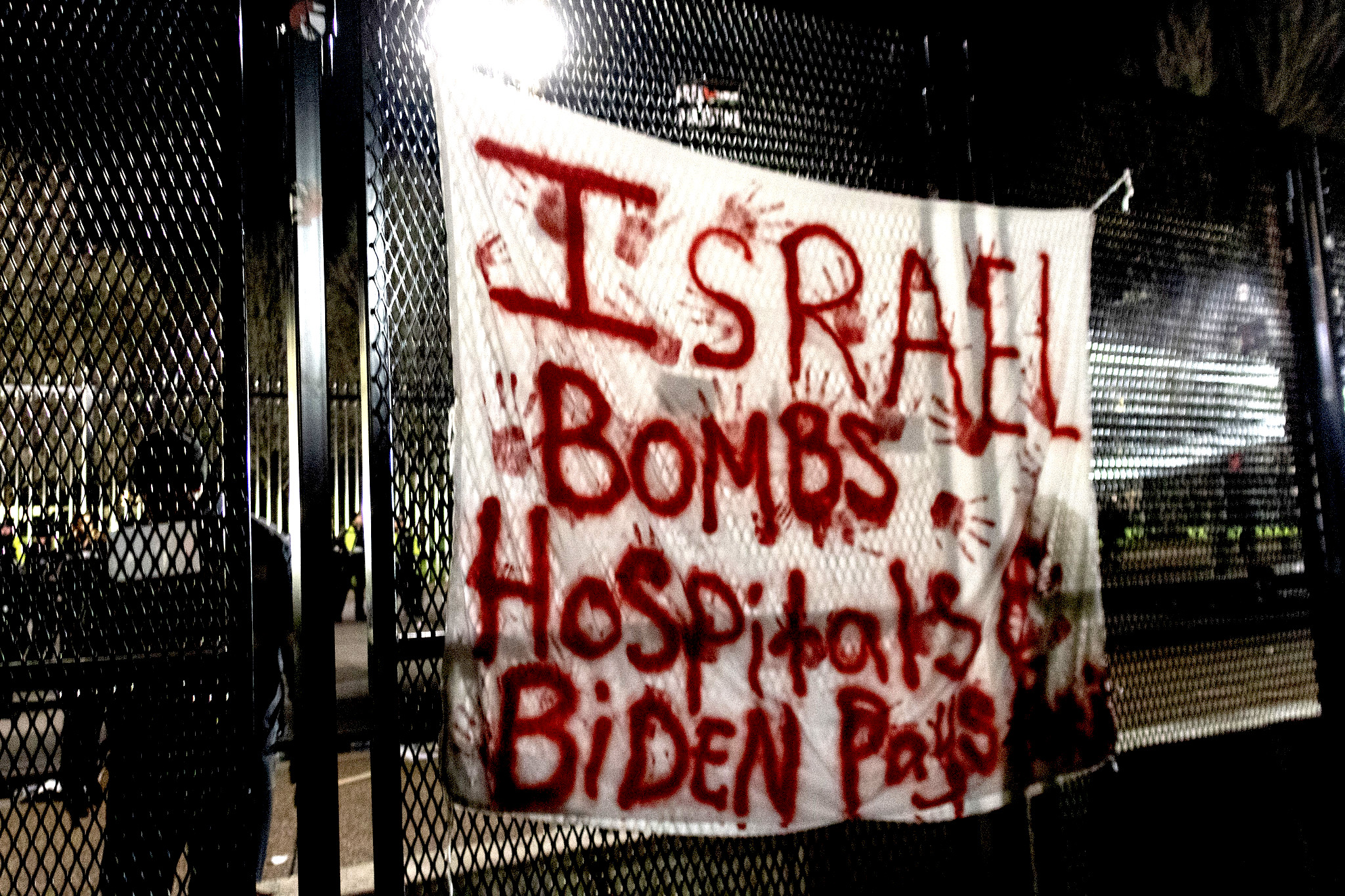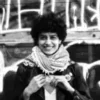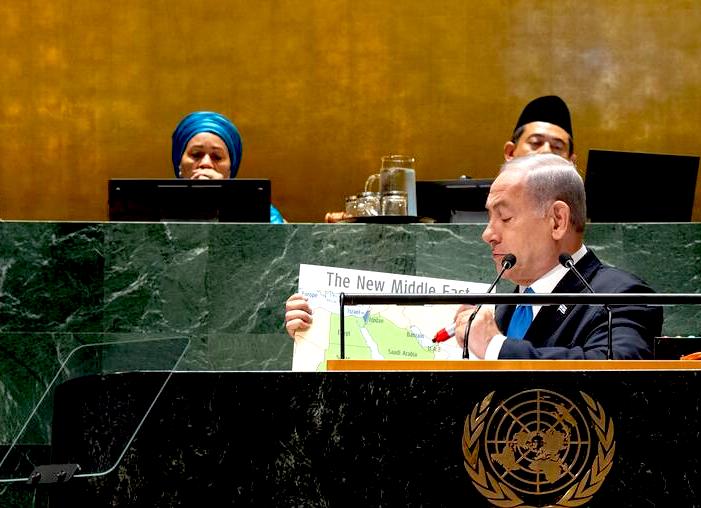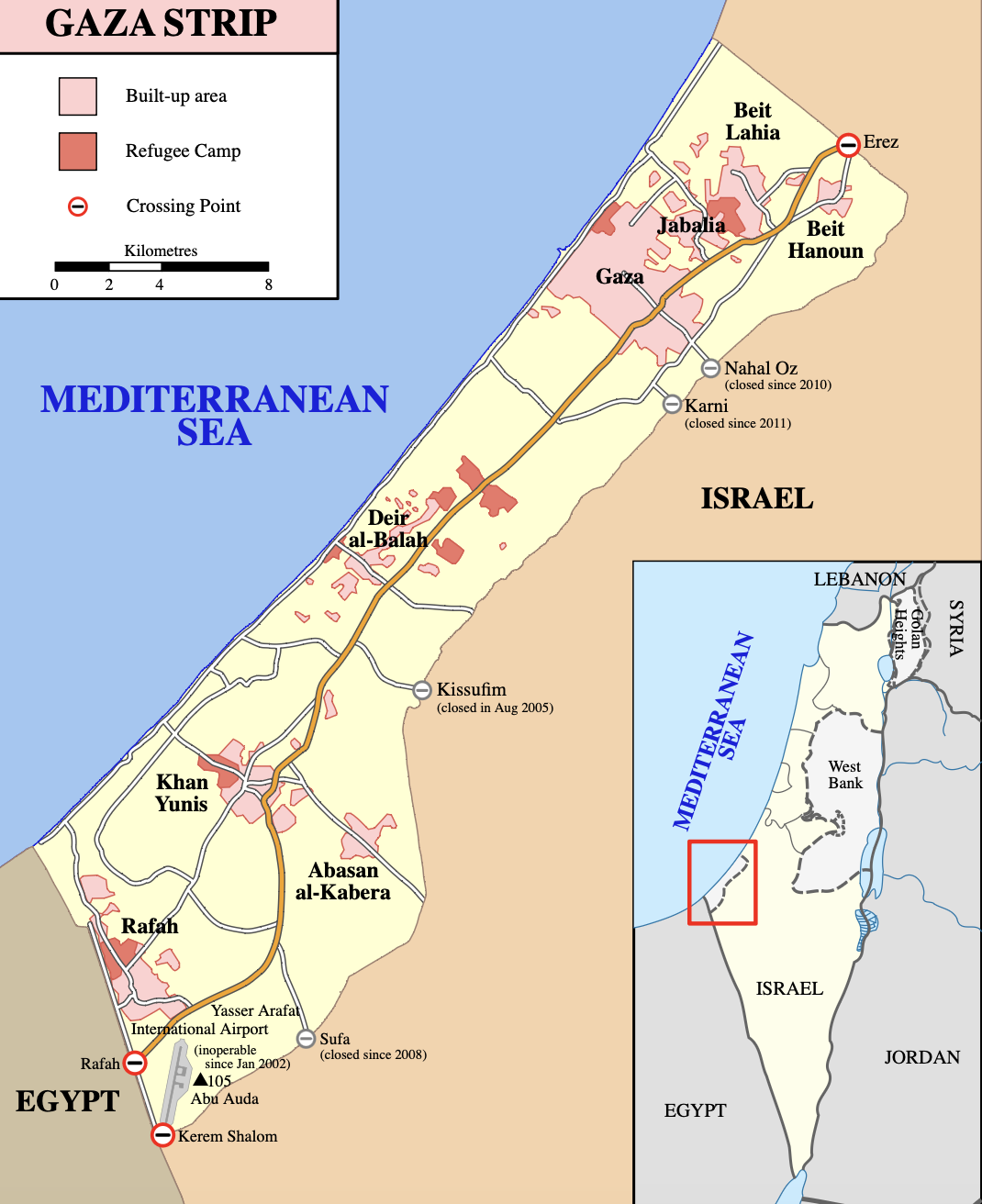Israel’s choking siege has entered its third month, writes Shahd Abusalama, whose family in northern Gaza is getting shot at by Israeli drones and facing starvation.

Outside the White House during March on Washington for Gaza, Jan. 13, 2024. (Diane Krauthamer, Flickr, CC BY-NC)

His deadline expired [after the election] and the siege continued, putting Palestinians at risk of “imminent” famine.
Yet the White House decided not to sanction Israel, with State Department spokesman Vedant Patel claiming there was “some progress” in the flow of aid.
From speaking to my surviving relatives in northern Gaza, I know this assessment could not be further from the apocalyptic reality on the ground.
Israel’s choking siege has entered its third month, segregating Jabalia, Beit Lahia and Beit Hanoun from the rest of Gaza City amid horrific scenes of mass killing.
Nearly 4,000 people have been killed there since October 2024 as Israel targets every remaining concentration of Palestinians, forcing them to either leave or die, if not by bombs, then by starvation.
We are more scared than ever of enduring the same fate of the Nakba generation who were dispossessed and displaced in 1948 and never allowed to return.
Killer Robots
Our five-storey family home in northern Gaza has now been razed to the ground. A next door neighbour reported the news at horrific cost.
During an apparent period of calm, he bravely crossed the often shelled al-Saftawi street to check on our homes and confirmed they had all been destroyed.
On his return, an Israeli quadcopter shot him in the head and back, leaving him on a hospital bed between life and death.
An Israeli quadcopter murdered my maternal cousin Jaber Ali on Dec. 10 during a similar endeavour to check on his home in Beit Lahia.
The danger forced neighbours to bury Jaber where they found his body, denying his family a chance to say goodbye or give him a dignified burial.
In March, amidst the displacement, bombing and hunger, Jaber had become a father to a baby boy called Kamal.
His young widow and son are sheltering with other family survivors in a partially demolished home in west Gaza.
Israel’s use of quadcopters is widespread across the strip. On the morning of Dec. 12, one sniped down the last orthopedic doctor in north Gaza, Said Jouda, and nurse Kareem Jaradat, on their way to Kamal Adwan hospital.
Thanks to continuous Western military supplies and diplomatic cover, Israel’s war crimes happen with every passing minute whether by A.I., armed robots, artillery shelling or airstrikes.
Israeli Prime Minister Benjamin Netanyahu is terrorising the people out of their homes, hoping to annex north Gaza as part of the colonial fantasy of “Greater Israel.”

Netanyahu showing map of “New Middle East” without Palestine at the U.N. on Sept. 22, 2023. (UN Photo/Cia Pak)
Enduring the Unthinkable
Aged 82, Abu Osama is my oldest paternal uncle. He was born in Beit Jerja – some 10 miles outside Gaza – in 1942, six years before Israel’s ethnic cleansing of Palestine forced our family to flee to Jabalia refugee camp.
He was a skilled nurse who served as the director of a U.N. clinic in Jabalia for decades before retirement.
During the current genocide, his wheelchair was destroyed in an airstrike, inhibiting his ability to follow Israel’s criminal “evacuation” orders to go south.
Around May 20, my family spotted him in footage circulating online by Al Jazeera being rescued by two neighbours from under the rubble while covered in dust and holding a walking stick.
That same day, we also learnt that his son Wajdi, who stayed behind to take care of his disabled father, was killed at a different location in Jabalia while searching for food.
Then on around Nov. 18, Abu Osama yet again miraculously survived after the Israeli army used booby-trapped robots to flatten the residential square in Beit Lahia where he, his daughter Maha, son-in-law Mousa and grandson Ibrahim sought refuge.
The news left us in despair, desperately trying to reach him. A day later, my call went through, enabling me to speak to him and other surviving relatives who endured the unthinkable and remain in a state of shock and grief.
When I asked if there was anything to offer to overcome our helplessness from afar, he reassured me that hearing our voice was a gift he had waited a long time to receive, but damned Israel for dispersing us and severing telecommunications.

A map of the Gaza Strip showing key towns and neighbouring countries, updated in 2023 to include newly closed border checkpoints. (Gringer, UN OCHA, Wikimedia Commons, CC BY-SA 3.0)
I was also able to speak to Maha and Ibrahim. A couple of days earlier, Maha was screaming in pain while stuck under a wall and huge pile of rubble for hours.
She felt as if she had lost all her senses and unconsciously started praying, assuming she was living her final moments. “I called my dad and asked for his forgiveness, accepting that death at this stage would be more merciful,” she told me.
The heaviest part of this call was when I spoke to Ibrahim, who disrupted my commendation of his bravery by saying: “My dad is in heaven. It is much better for him than this world.”
How could I comfort a terrified child whose father Mousa remains under the rubble and is separated from his injured mum, after she had to accompany his injured brother to west Gaza?
I found myself weeping and repeating, “May he rest in peace, habibi [my love]… You’re a hero”.
Ibrahim, aged 12, is definitely my uncle’s hero. Straight after regaining consciousness, he pushed through the debris and hailed two men who rushed to their rescue.
A man on a donkey cart gave them a lift to hospital before seeking a deserted home for them to recover in.
Exodus
Amid this onslaught it is not surprising that some of my family have decided to leave, with a heavy heart.
During the first week of December, my uncle and other relatives carried white flags through now-unrecognisable north Gaza and fled to Gaza City under the watch of quadcopters and rising smoke of surrounding explosions.
My uncle was questioned for three hours by the Israeli army en route, yet fortunately he was released. Many others have disappeared.
My maternal cousin Rana and all her in-laws and their children had endured a similar journey a few weeks earlier.
Rana’s brother-in-law, Mohammed Ezzat Al-Salibi, a father of five, remains missing since his abduction from an Israeli checkpoint on Nov. 27.
His family appealed to the Red Cross multiple times to identify his whereabouts, but Israel enforces an information blackout regarding detainees.
This is the reality of life in northern Gaza, whatever the White House says about conditions “improving.”
It is not a question of whether Israel is committing genocide and ethnic cleansing, as this rogue state is doing so in full view.
It is also not a question of a lack of awareness, as the Palestinians and their allies have been fighting on the cultural front for decades to challenge Israel’s dominant narrative in Western discourse.
It is a question of a political apathy about Palestinian lives and rights for freedom and justice in a deeply racist, profit-driven and immoral world that is mostly invested in the material survival of a settler-colonial European outpost in Palestine at any cost.
Dr. Shahd Abusalama is a Palestinian scholar, activist and artist, born and raised in Jabalia Refugee Camp, northern Gaza. Her Ph.D. from Sheffield Hallam University explored the historical representations of Gaza and its refugees in documentary films, and will be published by Bloomsbury this year, under the title, Between Reality and Documentary.

No comments:
Post a Comment